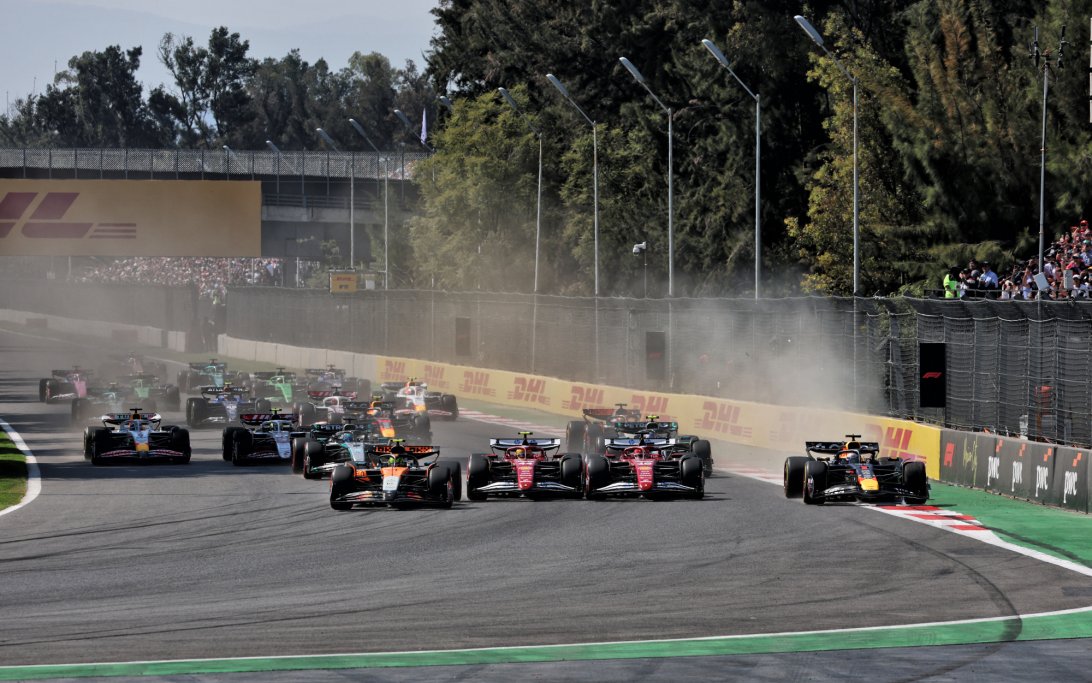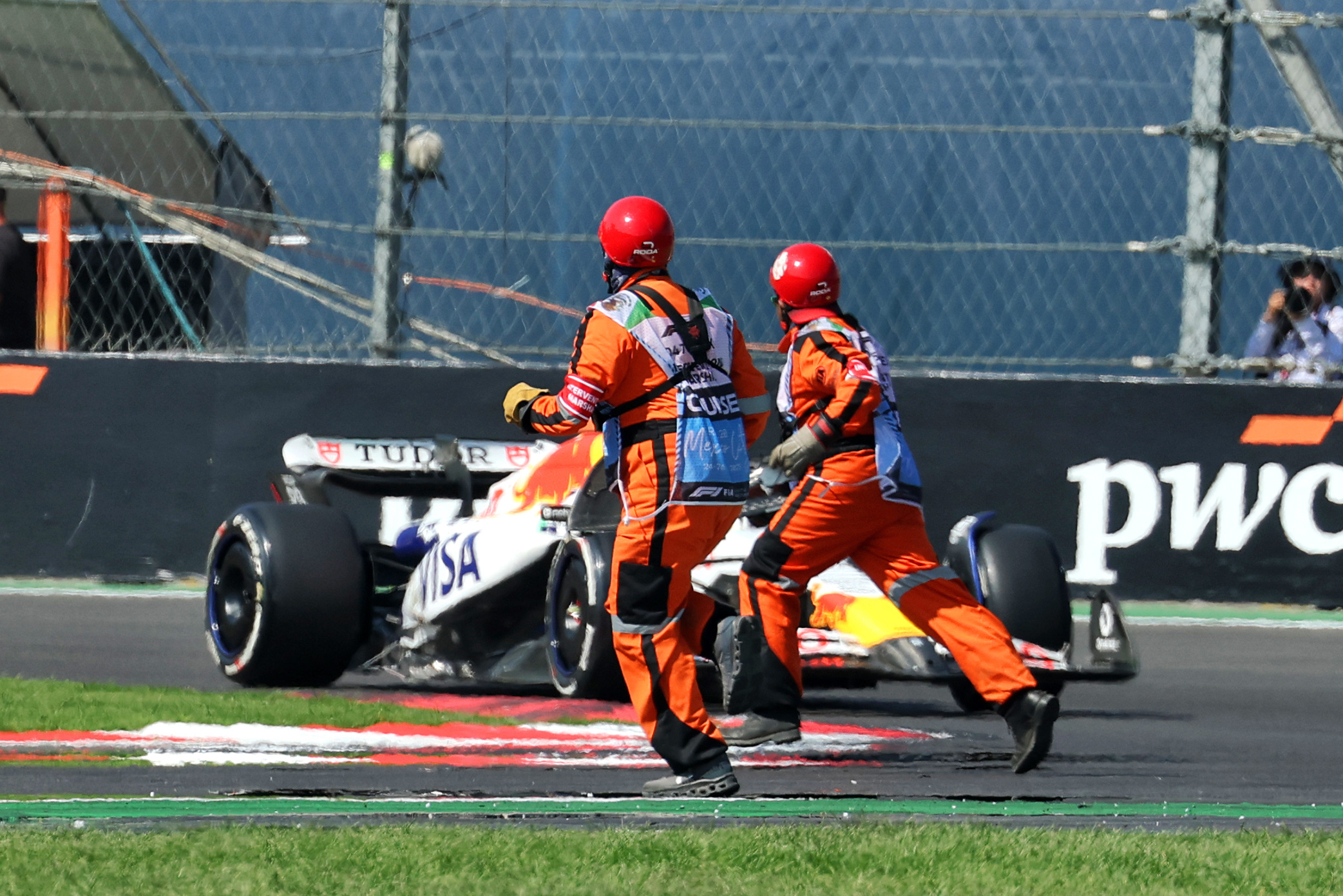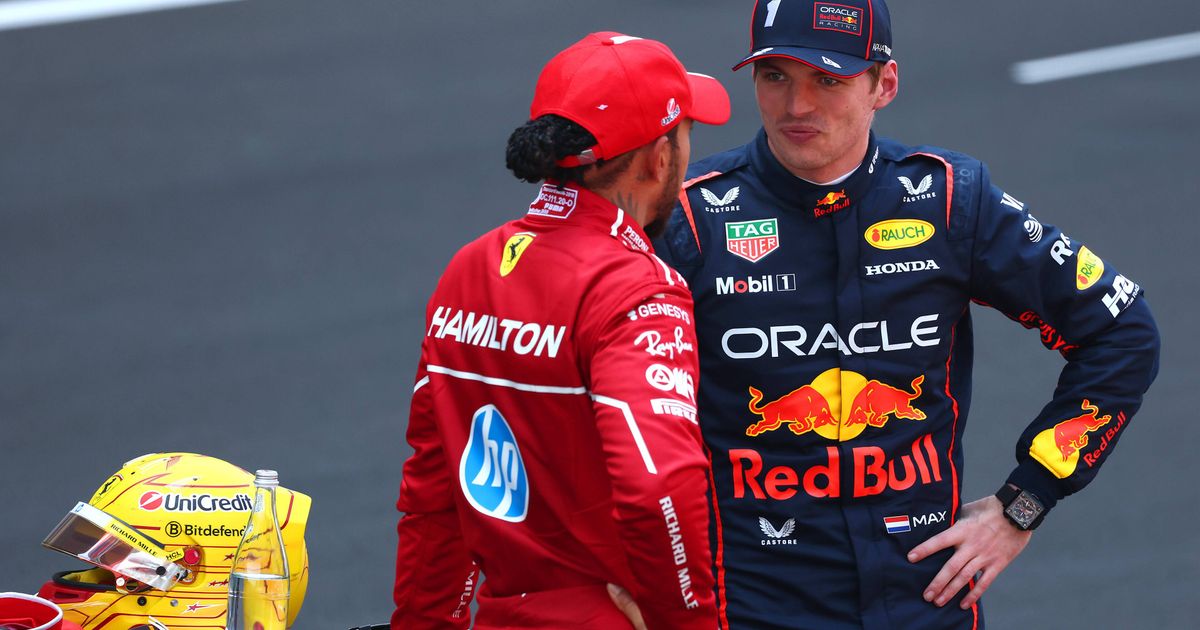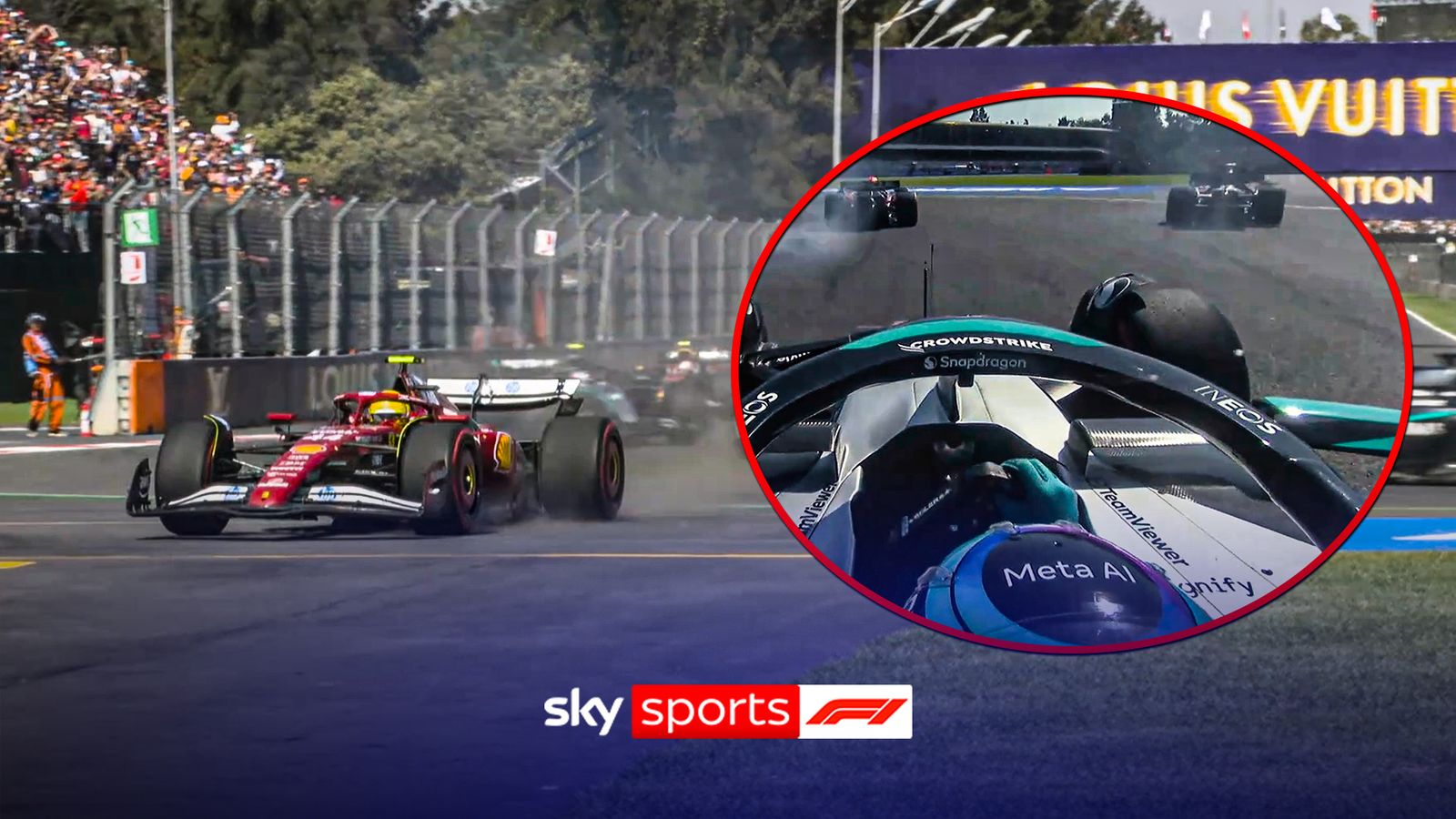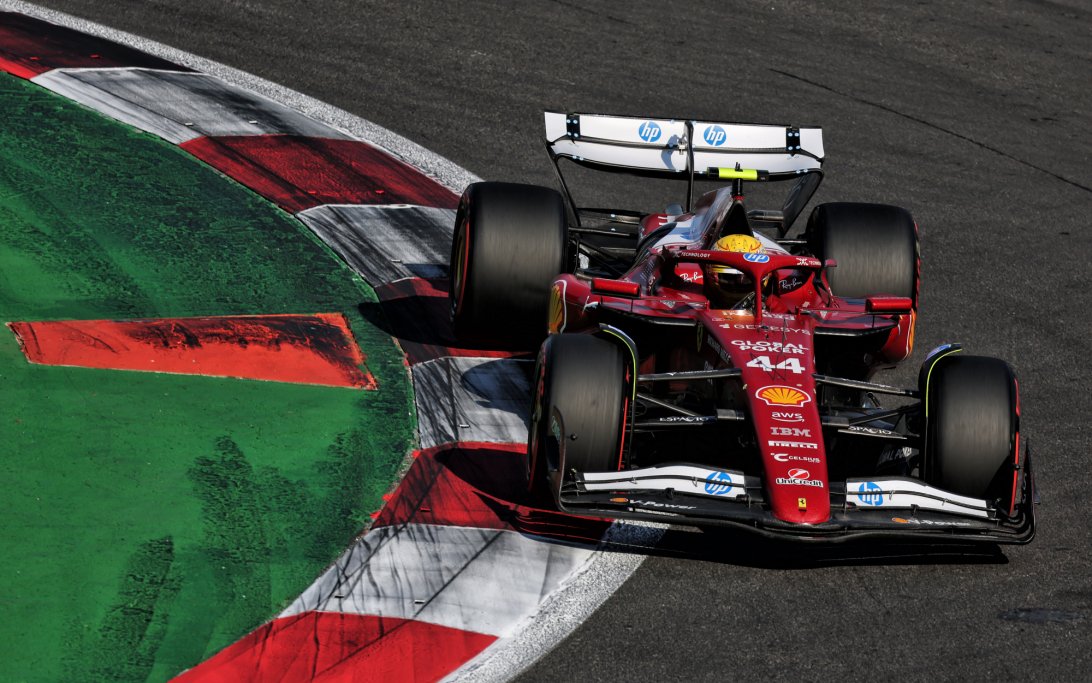
Was Lewis Hamilton's 10-second penalty in Mexico City too harsh?
Lewis Hamilton's hopes of a long-awaited Ferrari podium in Mexico City were dashed by a 10-second time penalty. This controversial decision has sparked debate among F1 fans and pundits alike, raising questions about the consistency of stewarding and the interpretation of racing incidents.
Why it matters:
Lewis Hamilton's penalty significantly impacted his race outcome, transforming a potential podium finish into an eighth-place result. This incident reignites discussions about fair play, racing etiquette, and the role of stewards in maintaining competitive balance within Formula 1, particularly when top drivers are involved in contact.
The Details:
- Hamilton, running in third, was pressured by Max Verstappen at Turn 1.
- Verstappen made contact with Hamilton at Turn 1, subsequently cutting across Turns 2 and 3.
- Crucially, Verstappen did not yield the position at Turn 4.
- Instead, Verstappen reportedly slowed in the braking zone but not sufficiently to allow Hamilton a clear line into the corner.
- This action forced Hamilton into a lock-up and subsequently off-track, where he re-joined the circuit significantly ahead of his previous position.
- Stewards deemed that Hamilton gained a lasting advantage by not ceding the position appropriately after going off-track.
- The resulting 10-second time penalty effectively ruined Hamilton's race, pushing him down the order.
Between the lines:
This incident highlights the nuanced challenge of stewarding in F1, where context and intent are often difficult to discern in real-time. While Hamilton did gain track position by going off, the preceding contact with Verstappen and the Dutchman's ambiguous slowing tactics complicate the narrative. Many argue that the penalty was excessively harsh given the instigation of the incident and the sequence of events that led to Hamilton's off-track excursion.
What's next:
The debate over the fairness of Hamilton's penalty is likely to continue, fueling fan discussions and potentially leading to calls for clearer guidelines or more consistent application of penalties in similar racing scenarios. Such incidents often prompt a review of the rules and their interpretation by the FIA, impacting future race decisions and driver conduct on track.
Original Article :https://racingnews365.com/was-lewis-hamiltons-10-second-time-penalty-too-harsh


